Choosing the Right Diet for Your Oriental Cat: Decoding Feline Nutrition
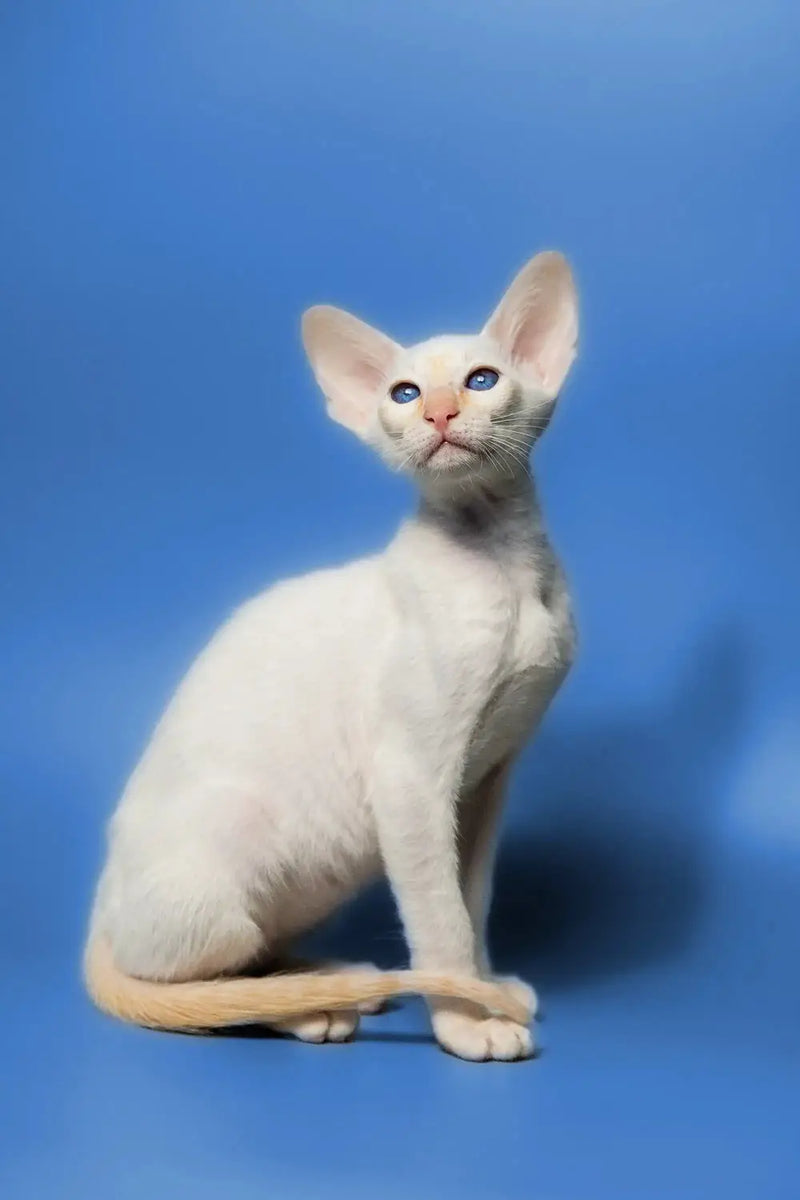
When it comes to the well-being of your beloved Oriental Cat, providing a balanced and nutritious diet is of utmost importance. These elegant felines are known for their slender bodies, sleek coats, and high energy levels. To ensure they thrive and maintain optimal health, it's crucial to select the right diet tailored to their specific needs.
Understanding the Oriental Cat’s Unique Dietary Requirements
Oriental Cats have distinct dietary requirements that set them apart from other feline breeds. Their metabolism tends to be higher, which means they require a diet rich in lean proteins and essential nutrients. Here are some key considerations when choosing the perfect diet for your Oriental Cat:
1. Protein-Rich Diet
Oriental Cats thrive on diets that are high in quality, animal-based proteins. Look for cat food labels that list real meat, poultry, or fish as the primary ingredients. This ensures they receive the essential amino acids necessary for muscle development and overall vitality.
2. Limited Carbohydrates
Unlike some other breeds, Oriental Cats are not well-suited to high-carbohydrate diets. Opt for cat foods with a lower carbohydrate content to prevent unnecessary weight gain and maintain their sleek physique.
3. Essential Fatty Acids
Incorporating Omega-3 and Omega-6 fatty acids into your Oriental Cat’s diet supports healthy skin and a glossy coat. Look for cat foods that include ingredients like salmon or flaxseed to provide these crucial nutrients.
4. Avoiding Allergenic Ingredients
Some Oriental Cats may have sensitivities or allergies to certain ingredients. It's essential to monitor their reactions and, if needed, opt for hypoallergenic or limited-ingredient diets.
Wet vs. Dry Food: Which is Best for Your Oriental Cat?
The debate between wet and dry cat food has been ongoing, and the choice ultimately depends on your cat's preferences and specific health needs. Here's a breakdown of the advantages of each:
Wet Food:
- Hydration: Wet food has a higher moisture content, which helps keep your Oriental Cat hydrated, especially if they don't drink much water.
- Palatability: Many cats find wet food more flavorful and appealing due to its richer aroma and texture.
- Dental Health: The chewing action required for wet food can contribute to good oral health.
Dry Food:
- Convenience: Dry food is easy to store and doesn't require refrigeration, making it a convenient option for busy pet owners.
- Dental Benefits: Some dry kibble is designed to promote dental health by reducing tartar buildup.
- Caloric Density: Dry food is more calorie-dense, so smaller portions can provide the necessary energy.
Consulting Your Veterinarian
While this guide offers valuable insights, it's essential to consult your veterinarian before making any significant changes to your Oriental Cat’s diet. They can provide personalized recommendations based on your cat's age, activity level, and any specific health concerns.
In conclusion, choosing the right diet for your Oriental Cat is a crucial aspect of responsible pet ownership. By prioritizing protein-rich, low-carb options with essential fatty acids, you can ensure your feline companion enjoys a long, healthy, and happy life. For further in-depth information on Oriental Cat growth stages, refer to the comprehensive guide provided by Purebred Kitties. Gain valuable insights into understanding the growth and development of your Oriental Cat. Access the guide here. If you are interested in Oriental Cats kittens available for sale, Purebred Kitties offers a diverse range of options for Oriental Cats Cats kittens for sale.
Tags:

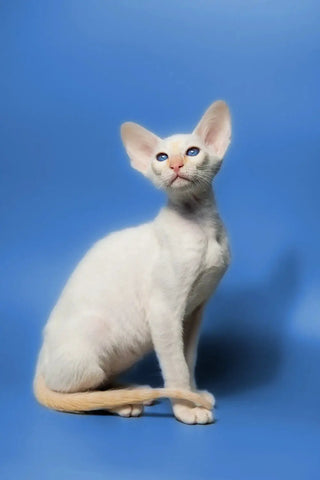



















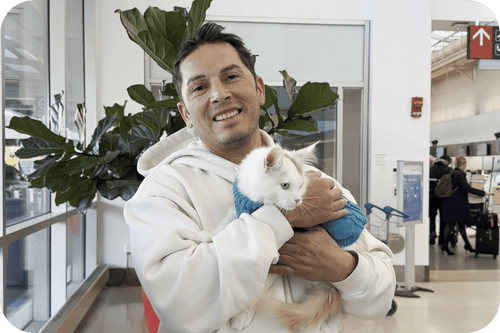
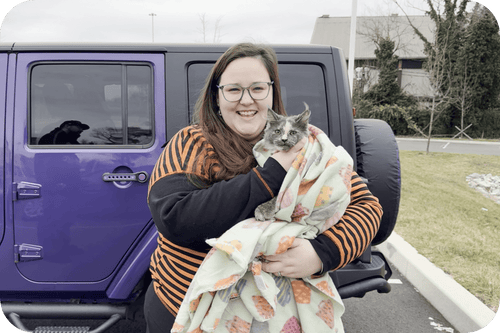




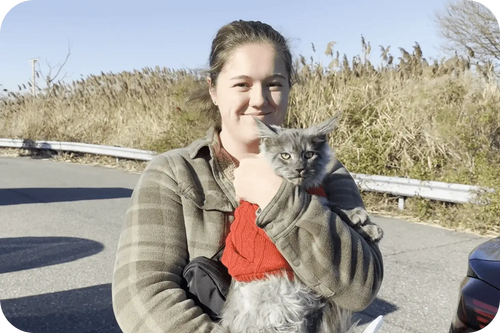
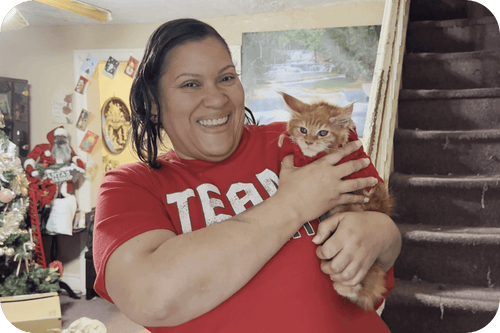
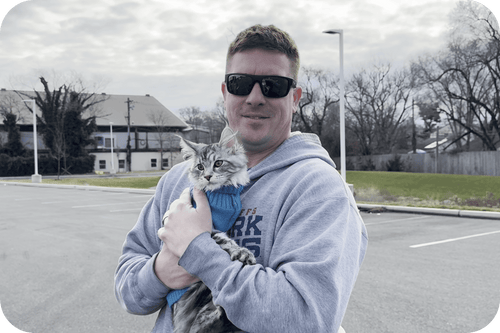

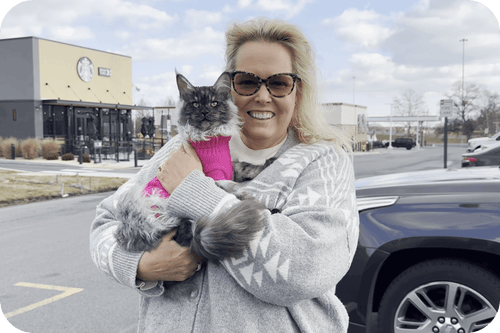

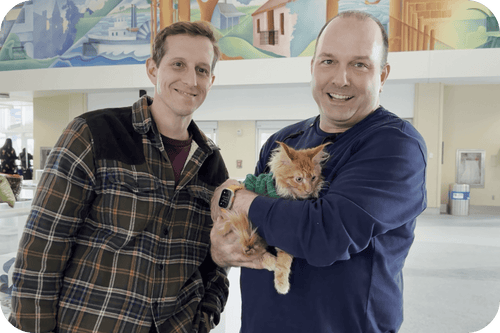
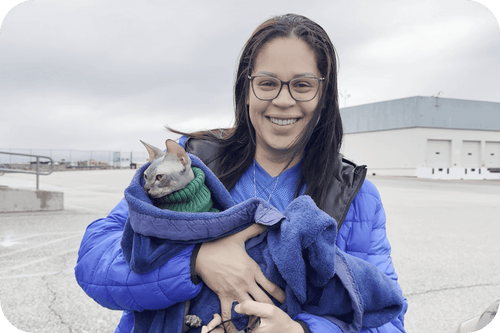
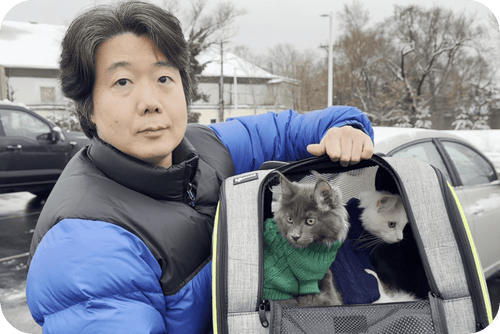
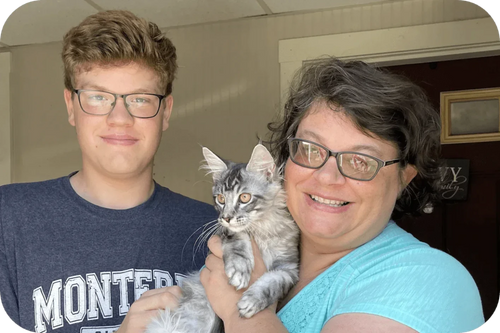
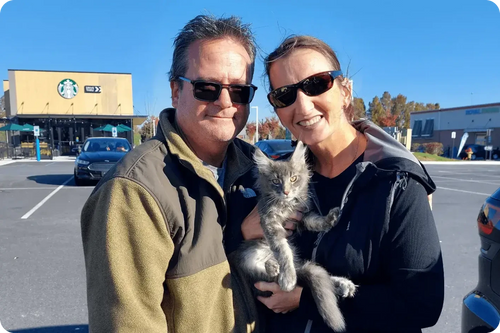



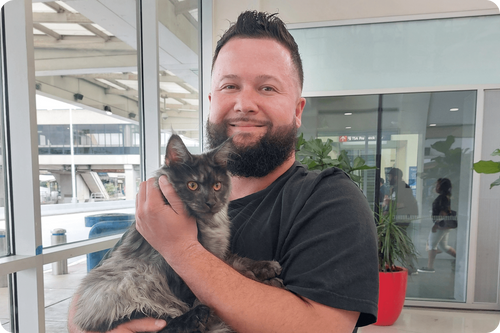











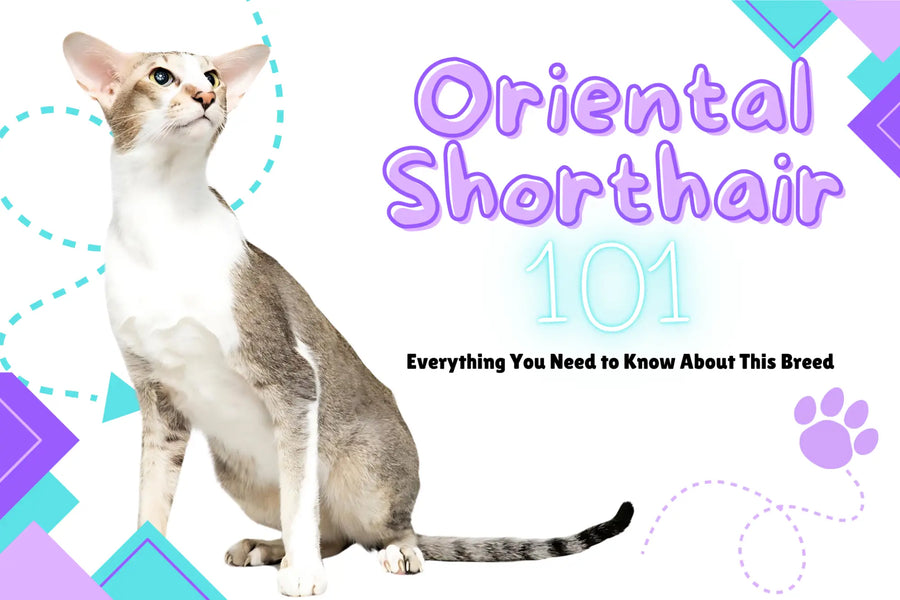
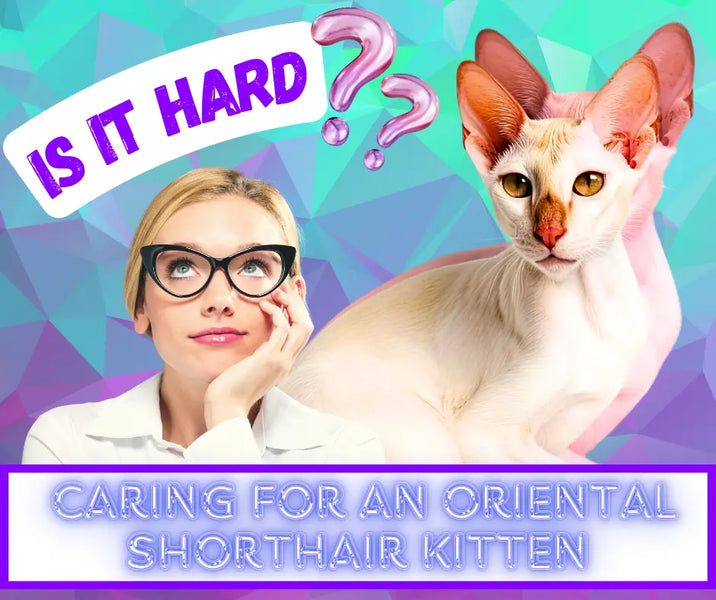
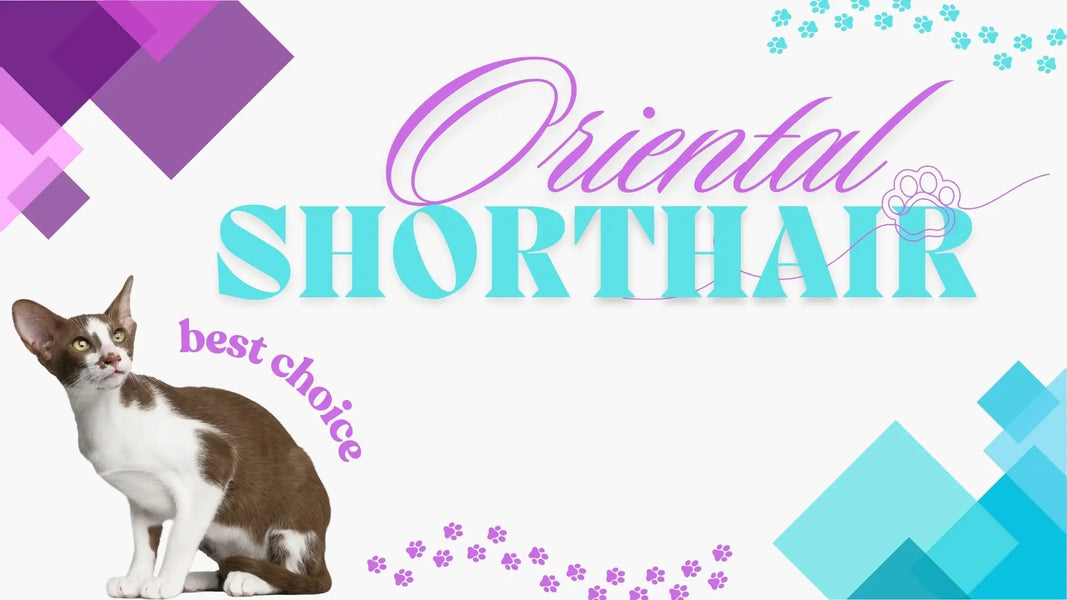






Comments(0)